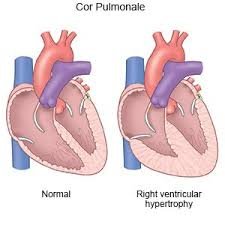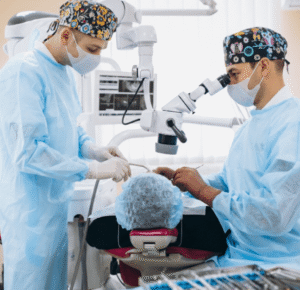Overview
Wiskott-Aldrich Syndrome (WAS) is a rare, inherited immunodeficiency disorder that primarily affects males. It is characterized by a triad of symptoms: eczema, thrombocytopenia (low platelet count), and recurrent infections due to an impaired immune system. WAS is a serious condition that requires early diagnosis and long-term care, often including bone marrow transplantation for a potential cure.
What is Wiskott-Aldrich Syndrome?
Wiskott-Aldrich Syndrome is a X-linked recessive genetic disorder caused by mutations in the WAS gene, which is essential for the normal function of immune cells and platelets. The disease affects multiple parts of the immune system, leading to increased susceptibility to infections, autoimmunity, and bleeding problems. Since it is X-linked, it typically affects males, with females being carriers.
Symptoms
WAS symptoms usually begin in infancy or early childhood, and include:
- Eczema (red, itchy, scaly skin similar to atopic dermatitis)
- Easy bruising and prolonged bleeding, even from minor cuts (due to small, low-count platelets)
- Frequent bacterial, viral, or fungal infections
- Blood in stool or nosebleeds
- Autoimmune symptoms such as hemolytic anemia or arthritis
- Enlarged spleen or lymph nodes
- Increased risk of developing leukemia or lymphoma in later years
Causes
Wiskott-Aldrich Syndrome is caused by a mutation in the WAS gene located on the X chromosome. This gene produces the WASp protein, which is vital for immune cell signaling, movement, and function.
- Since the disorder is X-linked recessive, males with the defective gene are affected, while females usually carry the mutation without symptoms.
- The mutation disrupts the function of T-cells, B-cells, and platelets, impairing both adaptive immunity and blood clotting.
Risk Factors
The main risk factor for WAS is heredity:
- Being male and having a mother who is a carrier of the WAS gene mutation
- Family history of Wiskott-Aldrich Syndrome or early male deaths due to infection or bleeding
- Genetic carriers identified through screening or family history
There are no known environmental or lifestyle-related risk factors.
Complications
Without appropriate management, Wiskott-Aldrich Syndrome can lead to serious, potentially life-threatening complications:
- Severe infections (e.g., pneumonia, meningitis, sepsis)
- Bleeding disorders, including intracranial hemorrhage
- Autoimmune diseases, such as vasculitis or hemolytic anemia
- Eczema flare-ups and secondary skin infections
- Malignancies, especially lymphoma and leukemia in adolescents and adults
- Organ damage due to chronic inflammation or autoimmune responses
Prevention
There is no known method to prevent Wiskott-Aldrich Syndrome, as it is a genetic condition. However, early detection and monitoring can help manage its progression:
- Genetic counseling for families with a history of WAS
- Carrier testing in females with affected relatives
- Prenatal genetic testing in at-risk pregnancies
- Newborn screening (where available) may detect immunodeficiencies early
- Avoidance of live vaccines and unnecessary exposure to infections
Treatment Options in Korea
South Korea offers cutting-edge treatments for genetic and immunodeficiency disorders through major university hospitals and specialized centers. Treatment options for WAS include:
- Hematopoietic stem cell transplantation (HSCT) – the only curative treatment; success rates are high when done early
- Immunoglobulin replacement therapy (IVIG or SCIG) – to strengthen the immune system and reduce infections
- Antibiotic prophylaxis – to prevent recurrent infections
- Platelet transfusions – for patients with significant bleeding risks
- Topical and systemic treatments for eczema
- Immunosuppressive drugs – for autoimmune complications
- Regular cancer screening – especially for lymphoma or leukemia
- Gene therapy – under clinical research in some advanced centers
Hospitals like Asan Medical Center, Samsung Medical Center, and Seoul National University Hospital offer expert multidisciplinary care, including pediatric immunology, hematology, and transplant services, making Korea a global leader in managing rare diseases like WAS.













